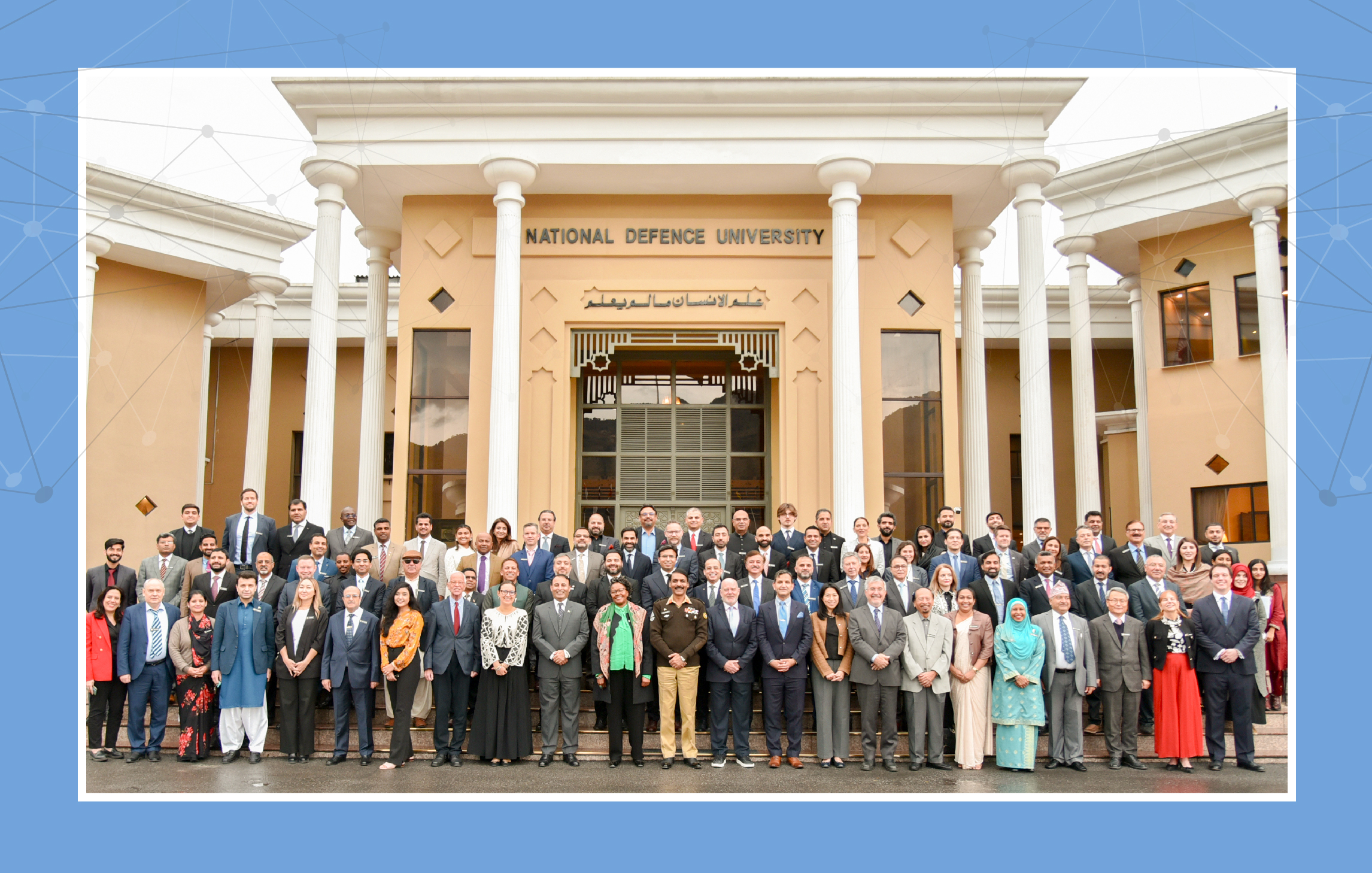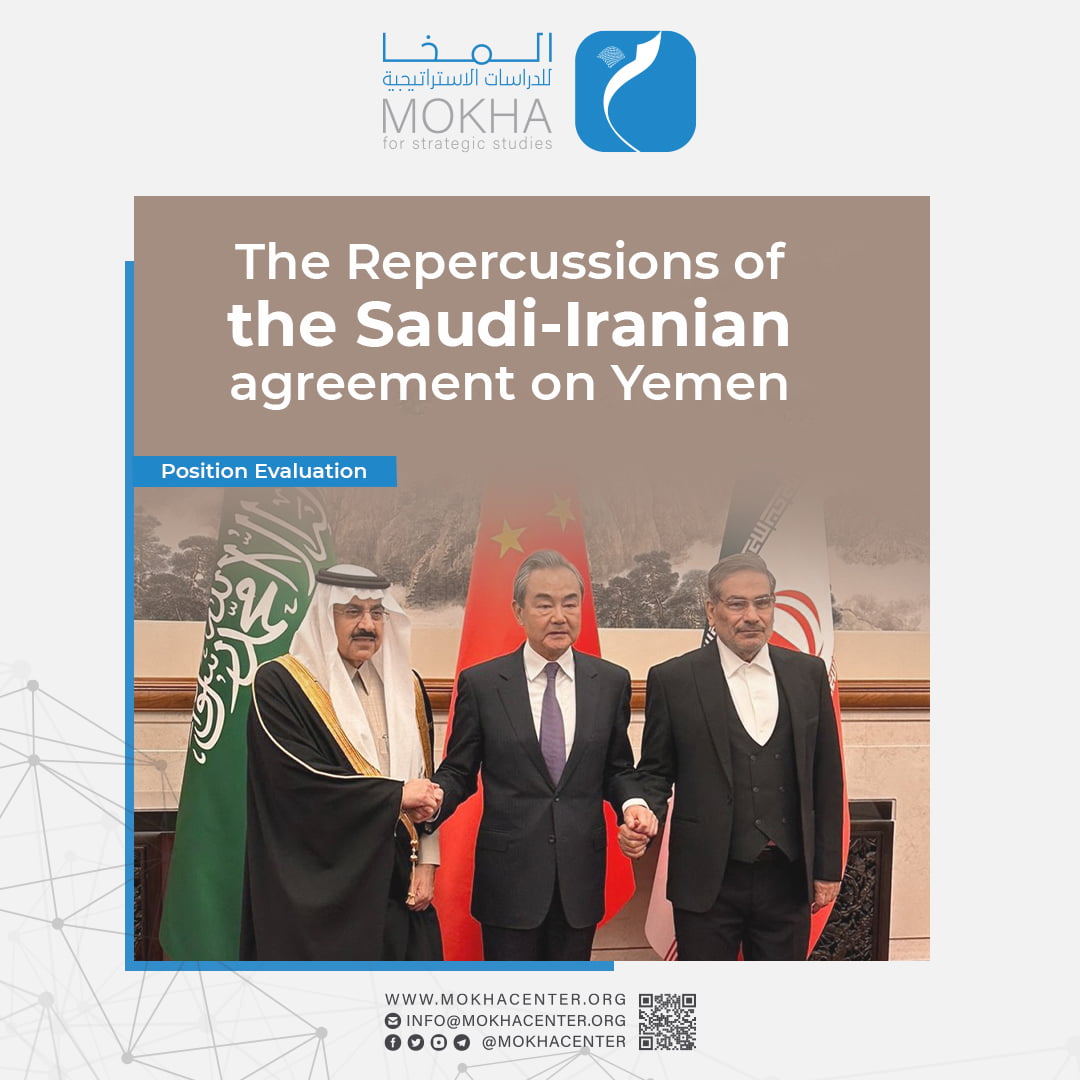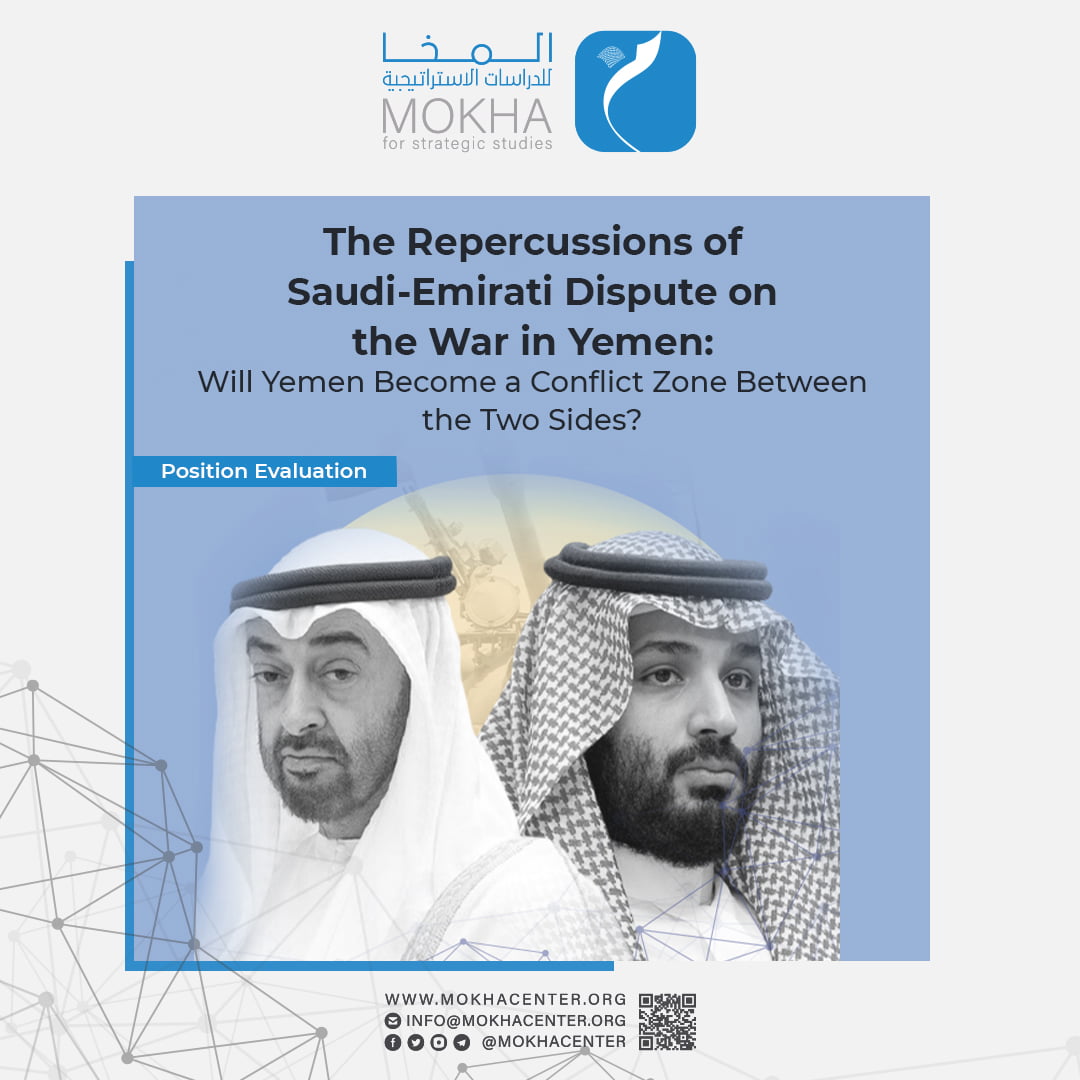Could Iran be a Spoiler in Yemen’s Peace Process?

| Getting your Trinity Audio player ready... |
While Saudi Arabia has acted as the primary geopolitical heavyweight in Yemen’s war, its traditional regional rivals Iran has been able to pull its own weight through supporting Riyadh’s adversaries, the Houthi rebels. With the UN-sponsored peace talks creating a glimmer of hope that Yemen’s war can finally end, much of it could depend on the role of Iran, which still seeks to leverage the Houthis to gain a geopolitical stronghold in Yemen.
After the inauguration of Yemen’s Presidential Council in April, following former President Abed Rabbuh Mansur Hadi’s resignation, Saudi support enabled the brokering of the new transitional government, thus granting Riyadh a boost in controlling Yemen’s political future. After all, Saudi Arabia had tried to secure leverage in Yemen through backing the internationally recognized government of Rashad Al-Alimi.
Tehran had publicly welcomed the ceasefire and commented its wishes that Yemen’s devastating war and the humanitarian crisis will come to an end. At the same time, it has also not commented about the Presidential Council. And given that the presidential council has been closer to Saudi Arabia, it would be disruptive to Iran’s plans to gain influence in the country.
However, Iran would be quietly confident that the Houthis have still gained a major foothold in Yemen throughout the war, and continuing support for the faction is an effective means for Tehran to secure its influence on Saudi Arabia’s southern borders.
Proxy or partner?
Iran’s role has seemed inconspicuous to many external observers, particularly as Western observers have debated the extent to which the Houthis are an “Iranian proxy”. In the beginning, when the Houthis seized the city of Sanaa in September 2014, Tehran reportedly discouraged and denounced the Houthis’ takeover of the Yemeni capital. Iran has even denied that it has supported the Houthis militarily, although it said it backs the group politically.
Yet the Houthis’ expansion in Yemen has always benefited Tehran’s plans to extend its geopolitical reach and form an “axis of resistance” against Israel and the United States. Moreover, their relations have gradually strengthened, and both have become more open about their alliance with one another.
This had been propelled further as tensions between Donald Trump and Iran exacerbated after the former US President imposed harsh sanctions on Iran to curtail its regional influence under his “maximum pressure” campaign. Although current US President Joe Biden has attempted to ease tensions with Iran and has been more proactive with peace talks in Yemen compared to his predecessor, addressing tensions with Tehran is still a priority.
With the current move towards peace talks. The Houthis have wanted to assert themselves as independent, for example they requested that Saudi Arabia deported the Iran ambassador in December 2021. However, the fact that the Houthis still requested Iranian support in early 2022 shows that the faction still wants to keep a relationship with Iran that is supportive but seeks to avoid being utilized as a proxy.
End goals
Iranian President Ebrahim Raisi on June 27 described the ongoing war in Yemen as “useless”, stressing that it has only resulted in the suffering of Yemenis. Raisi added that a permanent ceasefire must be implemented to resolve the conflict. Meanwhile, Iranian Foreign Ministry spokesman Saeed Khatibzadeh expressed hope that the truce would create the framework for a full lifting of the Saudi-led blockade on Yemen, establishment of a lasting ceasefire and a political solution to the country’s crisis.
Given Iran’s influence in Yemen through the Houthis, Tehran would oppose any agreement that could force the Houthis to cede power. This could mean it would oppose the faction losing influence, such as surrendering its arms, or compromising its political positions in a unified government.
While Iran may be willing to support a peace process in Yemen, it would be one that ensures the Houthis do not lose sway in Yemen. Iran would likely look to continue supporting the Houthis in the meantime, as it would focus on ensuring that the Houthis remain prominent, rather than Tehran supporting a political solution. Thus, Iran’s desires and support for the Houthis could continue to disrupt peace talks, and lasting peace in Yemen could therefore be jeopardized.
Obstacles for peace
Amid hopes for rapprochement between two of the Middle East’s fiercest geopolitical rivals, Saudi Arabia and Iran have continued talks in recent months. Thus, an improvement in relations between Riyadh and Tehran could be crucial in ensuring that any solution between the Houthis and the new Yemeni government can succeed.
Indeed, Iran has already indicated its apparent willingness to engage in peace talks. The Foreign Ministry indicated its wish to reproach with Saudi Arabia and continue talks, to de-escalate regional tensions. While this could be a positive sign, further efforts to achieve rapprochement have yet to be established between the two countries. Moreover, Saudi Arabian had also reportedly met with Israeli officials in the Egyptian coastal city of Sharm el Sheikh on June 26, along with officials from Qatar, Egypt, Jordan, the UAE and Bahrain, and countering Iran was the predominant issue of discussion. Thus, despite talks between Tehran and Riyadh, it shows traditional tensions remain.
As such regional tensions look set to continue and unless there is a breakthrough, this would have ripple effects in Yemen and peace talks could stagnate. And while Iran continues to treat the Houthis like a proxy in the country, the Houthis will continue to cement their control in the northern parts of Yemen, and this could lead to a continued de-facto fracturing of the nation.
Meanwhile, in the last year, tensions between the UAE and Iran have also become frosty, after the Houthis tried last year to expand southwards and threatened the Emirati-backed Southern Transitional Council (STC), which forced the UAE back into Yemen’s war after drawing down and prompted the Houthis to fire back.
Therefore, it is important to treat Yemen as a geopolitical conflict and not just a domestic one, as the roles of regional actors like Iran, Saudi Arabia and the UAE have substantially exacerbated Yemen’s war and would restrict long-term stability in the country.




